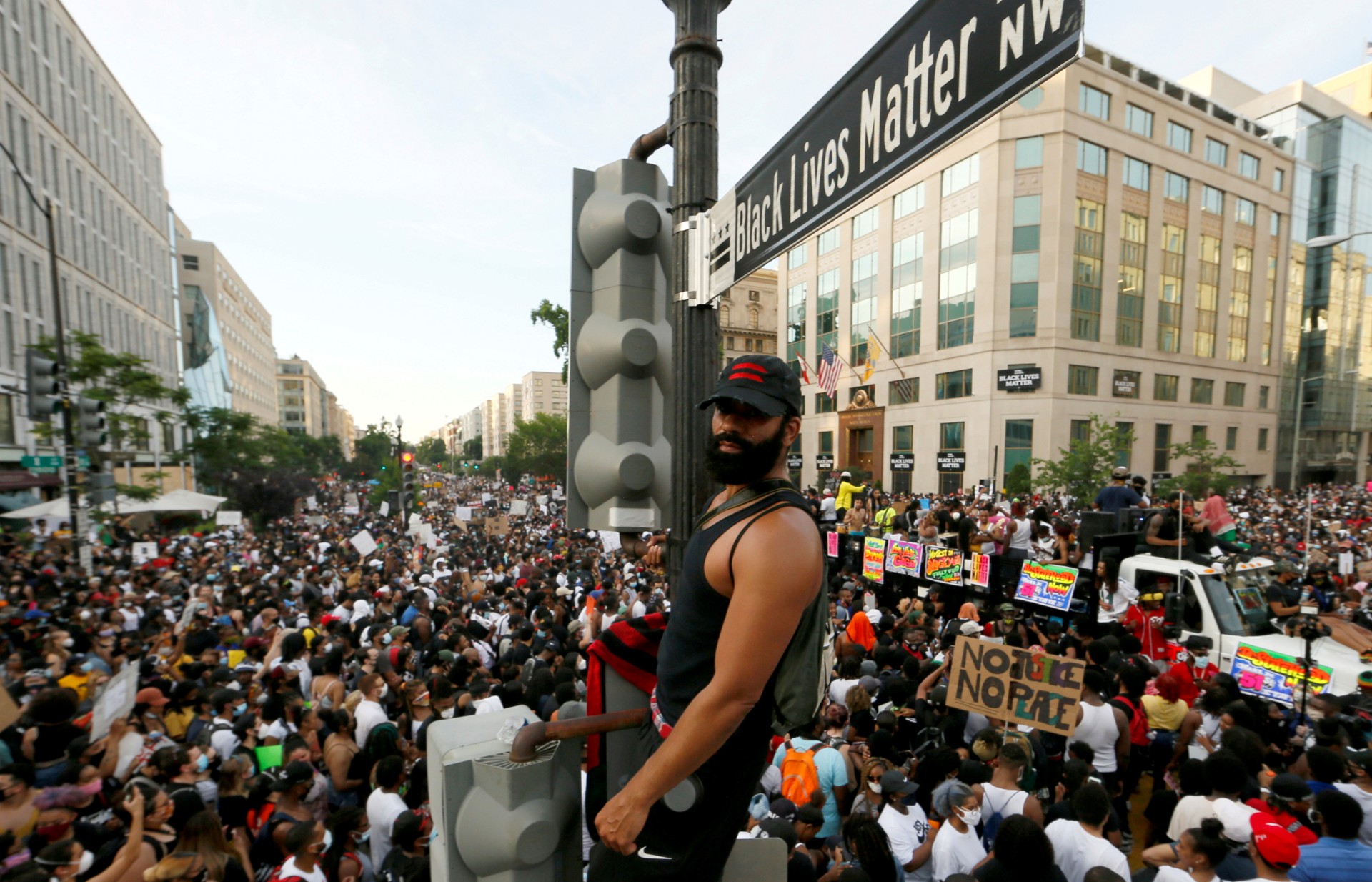https://councilofcouncils.cfr.org/global-memos/how-us-civil-protests-resonate-publics-worldwide
Civil unrest in the United States following the death of George Floyd in police custody has exposed police violence and racism in the country to a global audience. President Trump’s threats to use the U.S. military to suppress protesters, and his decision to use tear gas against protesters and journalists to take a picture in front of a church, predictably led to global consternation and will inevitably limit the U.S. government’s legitimacy in criticizing other countries for using similar tactics.
Calling out the hegemon’s double standards is a cheap and convenient way of soft balancing. It was thus no surprise that the Chinese government, which is seeking to quell protests in Hong Kong, eagerly condemned Washington, as did other countries which are routinely criticized by the United States, such as Venezuela and Iran.
However, as striking as the damage to the U.S. government’s reputation is the positive way citizen protests—including the participation of non-Black demonstrators—has resonated around the world. The protests have led countries such as Brazil, Germany, and the United Kingdom to reflect on their own shortcomings, particularly racism and obstacles citizens of color face at home. It is proof of the continued global dominance and agenda-setting capacity of U.S. culture that the recent civil unrest has aroused global attention.
Despite an ongoing shift of power away from the West toward Asia, the way U.S. society reacts to the unrest—for example, some cities are considering the removal of statues of generals who defended slavery—will have a massive impact around the world. If there are moves toward structural change in the United States to combat racism more effectively in the coming years, it will undoubtedly be good news for those fighting for similar change elsewhere.









